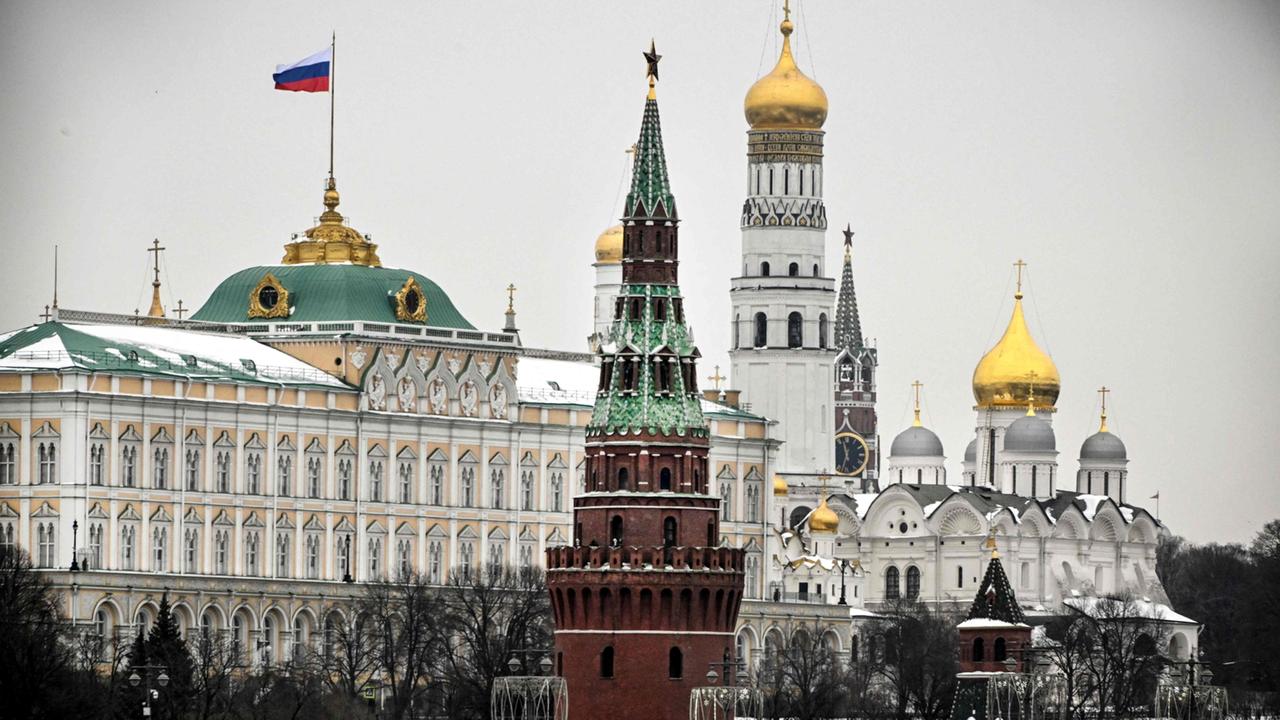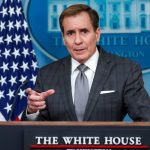analysis
President Putin has just secured six more years at the helm of Russia. But Friday's terrorist act calls into question whether the deal between him and the population – security in exchange for consent – is still working.
Vladimir Putin appeared relieved in his speech after the polls closed on March 17th. The Central Election Commission awarded him 88 percent of the vote with a record turnout of 74 percent. Experts had expected around 80 percent – better than in the 2018 presidential election, but not so much that it was reminiscent of the leaden Soviet years under Leonid Brezhnev.
Those responsible in the regions had delivered and even exceeded the target. Another gesture of devotion within the power apparatus itself were the TV images of members of the government, including the head of the Orthodox Church, throwing their ballot papers into the ballot boxes.
So far, no cracks in the power apparatus can be identified from the outside: it held firm during the uprising by Wagner boss Sergei Prigozhin in the summer of 2023. The economic elite has Putin's back by keeping state finances and the economy stable and providing enormous resources for the war economy.
Failure of the secret services
But the terrorist act in the concert hall on the outskirts of Moscow on the evening of March 22nd calls into question a deal that Putin once made with the population: he cares about the well-being and security of the country. This is why the population stays out of politics. By fighting terrorism, Putin justified the expansion of the police state and the dominance of the siloviki, the “strong men” of the secret services, armed bodies and investigative authorities.
But now Islamist terror has returned to the center of the country, which once again raises the question of the failure of the security organs, which are perceived as all-powerful. This already affected Prigozhin's uprising, which, despite being announced, was able to advance far towards Moscow before its fighters were stopped by the military. In addition, the war against Ukraine is increasingly having an impact on the everyday life of the population, whether through Ukrainian drone attacks on the infrastructure inside the country or through images from the Russian city of Belgorod, which increasingly resembles a theater of war.
The massive misjudgments of the secret services, or rather what their leadership passed on to Putin and prompted him to launch a “special operation” in Ukraine, remained unexplored. Instead of Ukraine's rapid march through and capitulation, Russia is now facing a war of attrition that ultimately leads to the overexploitation of the country's population and resources.
Demographic crisis
While Putin calls for deprivation as a patriotic duty, it is to be expected that, as in previous years, he will not keep his campaign promises about pension increases and other social measures to the extent announced.
The soldiers and their families benefit from above-average pay and high bonuses in the event of death or disability. The economy is also growing nominally due to massive investments in the military complex and its supply industry. However, the high number of dead and wounded is having an impact on the already significant population decline. In addition, the shortage of skilled workers is worsening due to the emigration of hundreds of thousands.
And there is less investment in other industries and infrastructure in the vastness of the country, especially as states like India and China are taking advantage of Russia, which has had to adjust its oil prices. Even if the import of important technology components via third countries is successful, it costs time and money.
Gestures of protest
So far there are no signs that Russia is reaching the limits of its capacity and that an insurgent mood is emerging. Pollsters estimate that half of the population tries to live their lives inconspicuously, while 25 percent are openly in favor of the war and an equal share are against it.
But observers are always surprised at how many people have the courage to make gestures of protest – even after the death of the opposition figure Alexei Navalny, which, according to surveys, was only known to a small part of the population.
The “Way Home” initiative by the relatives of those mobilized also shows that the war has penetrated too far into the lives of many people for them to be able to accept the resulting hardships.
Election researchers then came to the conclusion that the result on March 17th was by no means as convincing for Putin as portrayed. By analyzing the results reported by the Central Election Commission from across the country, they came to the conclusion that at least 22 million votes were fraudulent, making it the most heavily manipulated election in Russia's modern history, according to a report by the opposition media Meduza acted.
Power apparatus at the center
While the population seems to accept this blatant election fraud, intelligence expert Andrei Soldierov expects that they will also live with Putin's unbelievable accounts of the March 22 terrorist attack. However, fear and mistrust have already led to the emergence of all sorts of conspiracy theories, which in turn call into question all of the Kremlin's statements, Soldierov said in an opinion piece for the Guardian.
One reason is the lack of processing of previous terrorist attacks. In addition, anti-terrorism legislation since 2006 has been aimed at maintaining the power apparatus and not at protecting the population. Accordingly, the responsible services and authorities always acted in such a way that harsh measures were taken against attacks on the state's monopoly on violence, without taking the victims of the terrorist acts into account. This is shown by examples such as the hostage-taking in Moscow's Dubrovka Theater in 2002 and in a school in Beslan in 2004.
Referring to other dictatorial regimes in history, observers warn against underestimating the perseverance of Putin's regime. But the question that arises in the future is how many more unexpected events his increasingly rigid power apparatus will be able to cope with, especially if violent and extremist organizations such as the “Islamic State” want to take advantage of the fact that he is concentrating his forces on the war against Ukraine.





